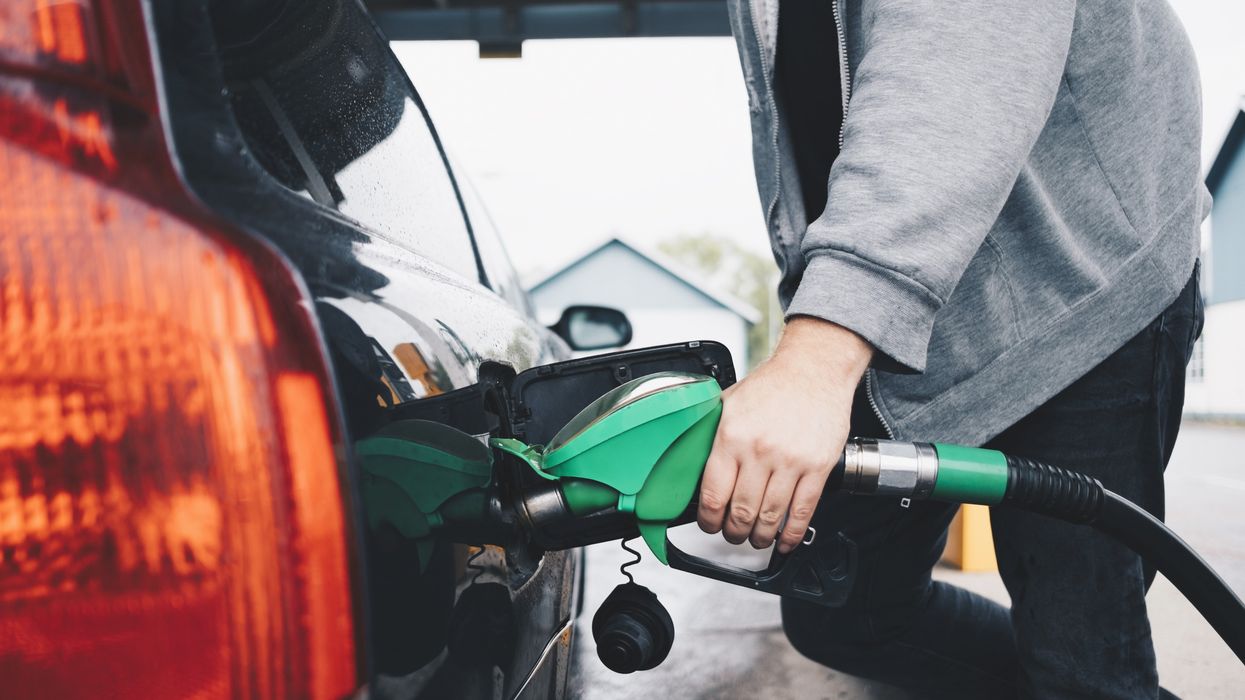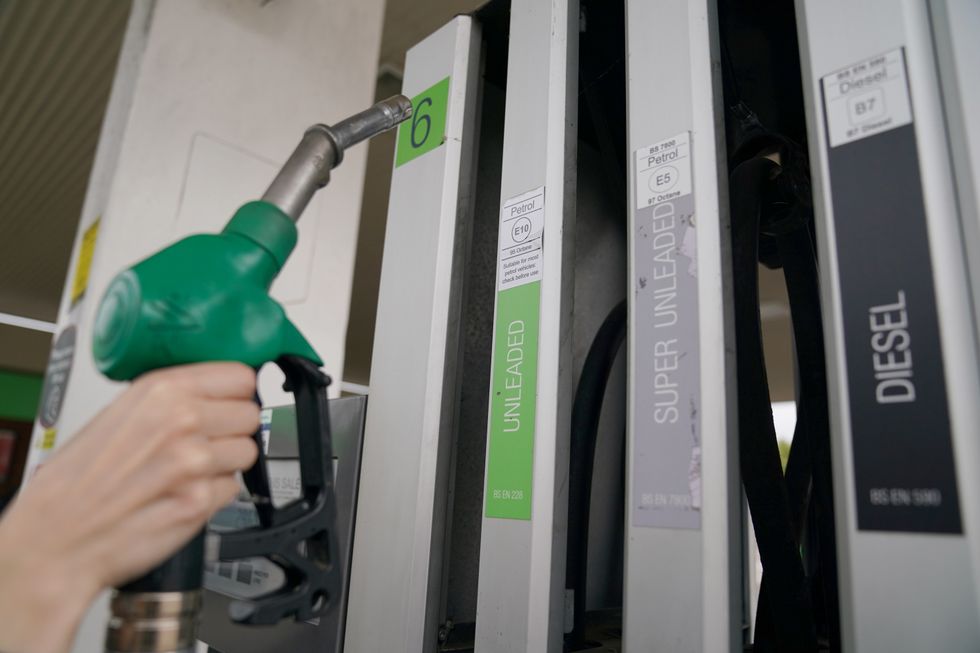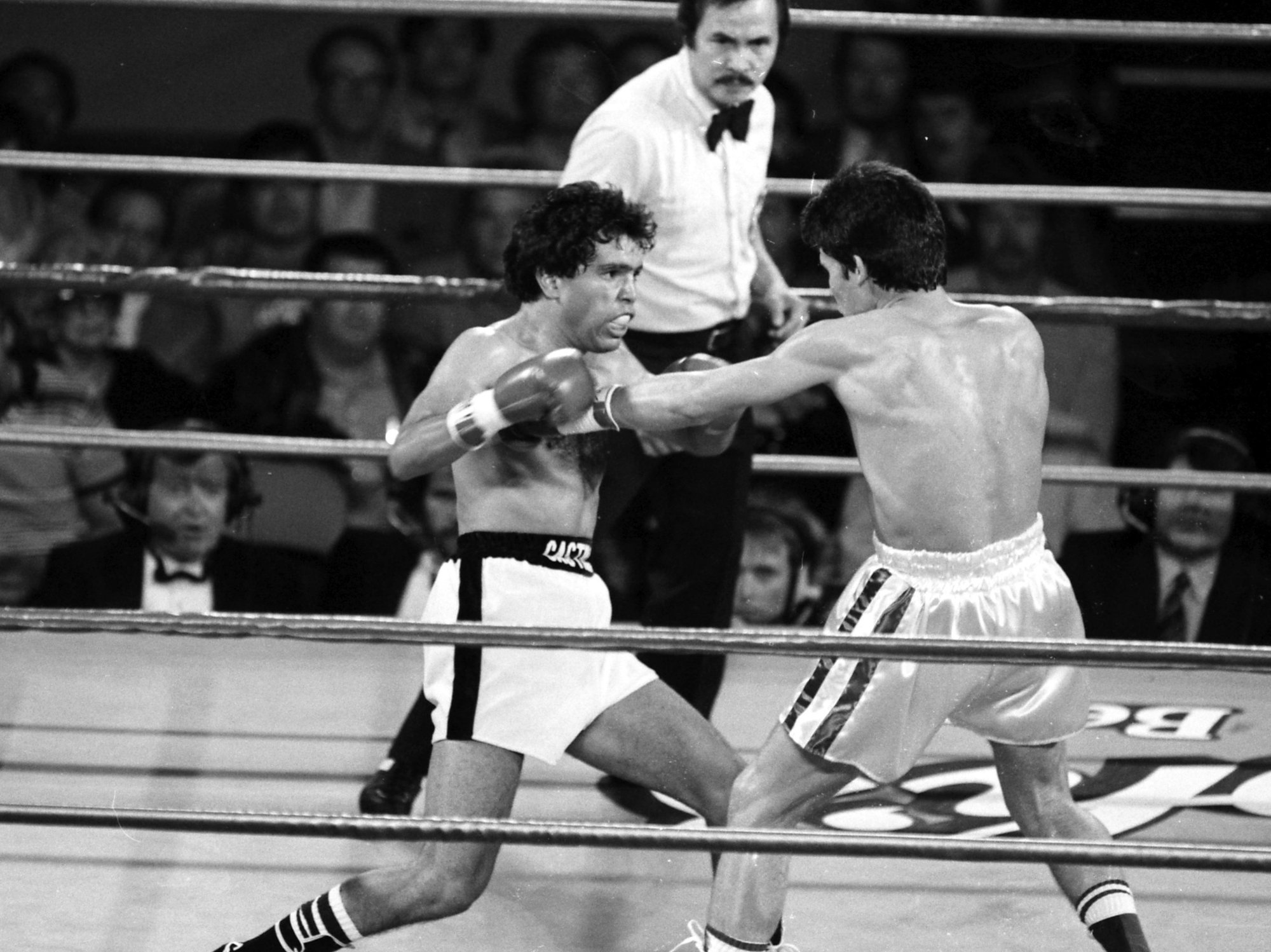Petrol and diesel cars could 'remain and be sold' for years to come with growing support for new fuels

Reports suggest that e-fuel vehicles could be sold after the 2035 phase-out deadline
| GETTY
'We keep the timing, we keep the objective, but we make it more clear that it is technologically neutral'
Don't Miss
Most Read
Petrol and diesel cars could be allowed to stay on roads under new plans to allow for so-called "e-fuels" to become a suitable alternative to electric vehicles before the 2035 phase-out of polluting vehicles.
Reports suggest that the President of the European Commission Ursula von der Leyen has said she will push for an exemption for cars running on e-fuels.
It comes ahead of the plan to ban the sale of new petrol and diesel cars and vans from 2035 in the European Union and the UK, although this could change in the near future.
A review of the European Trading System will take place in 2026 and will analyse whether changes should be made to amend measures to slash harmful emissions.
Do you have a story you'd like to share? Get in touch by emailing motoring@gbnews.uk

The sale of new petrol and diesel vehicles will be banned from 2035 in the EU and UK
| PAAccording to Bloomberg, von der Leyen's plan to include e-fuels would be beneficial for all, Pascal Canfin, chair of the European Parliament’s environment committee, said.
It was reported that a clause for e-fuels could be seen as a way to ease tensions between the left and right of the European Parliament about the phase-out of internal combustion engine vehicles.
There have been calls for vehicles powered by e-fuels to be included in legislation passed by the EU as a way to get around the petrol and diesel car ban.
It was first proposed that vehicles that can use e-fuels could be sold after the 2035 deadline as they can emit lower rates of harmful pollution.
Canfin said: "We keep the timing, we keep the objective, but we make it more clear that it is technologically neutral.
“A car could remain and be sold on the streets with an internal combustion engine if it is run on 100 per cent e-fuel, which is 100 per cent zero-carbon," Bloomberg reported.
In September last year, a draft document from the EU stated that cars running on e-fuels must be 100 per cent carbon neutral if they are to be sold beyond the middle of the next decade.
This was introduced after some nations, including Germany, that have massive automotive manufacturing bases, called for new measures to protect their industries.
E-fuels can be considered carbon neutral when they are made using captured CO2 emissions that balance out the CO2 released when it is used in the engine.
This comes as Japanese manufacturing giants Mazda, Subaru and Toyota said they would continue to move forward with carbon neutral fuels like e-fuels, biofuels and liquid hydrogen.
This was being done to help with the mass adoption of zero emission vehicles in a "sustainable and carbon neutral future".
There has been optimism around vehicles powered by e-fuels as they can provide a suitable alternative to people who do not or cannot switch to an electric car in the near future.
LATEST DEVELOPMENTS:
- Driving law changes delayed for six months in victory for motorists ahead of 'stricter standards'
- Electric car drivers issued urgent warning as charging in hot weather 'can be detrimental to battery health'
- Petrol and diesel car ban needs to return to 2030 'as a matter of urgency' with calls for 'rapid progress'

Ursula Von der Leyen won her second term as President of the European Commission earlier this week
| PAKoji Sato, president and CEO of Toyota Motor Corporation said: “In order to provide our customers with diverse options to achieve carbon neutrality, it is necessary to take on the challenge of evolving engines that are in tune with the energy environment of the future.”










